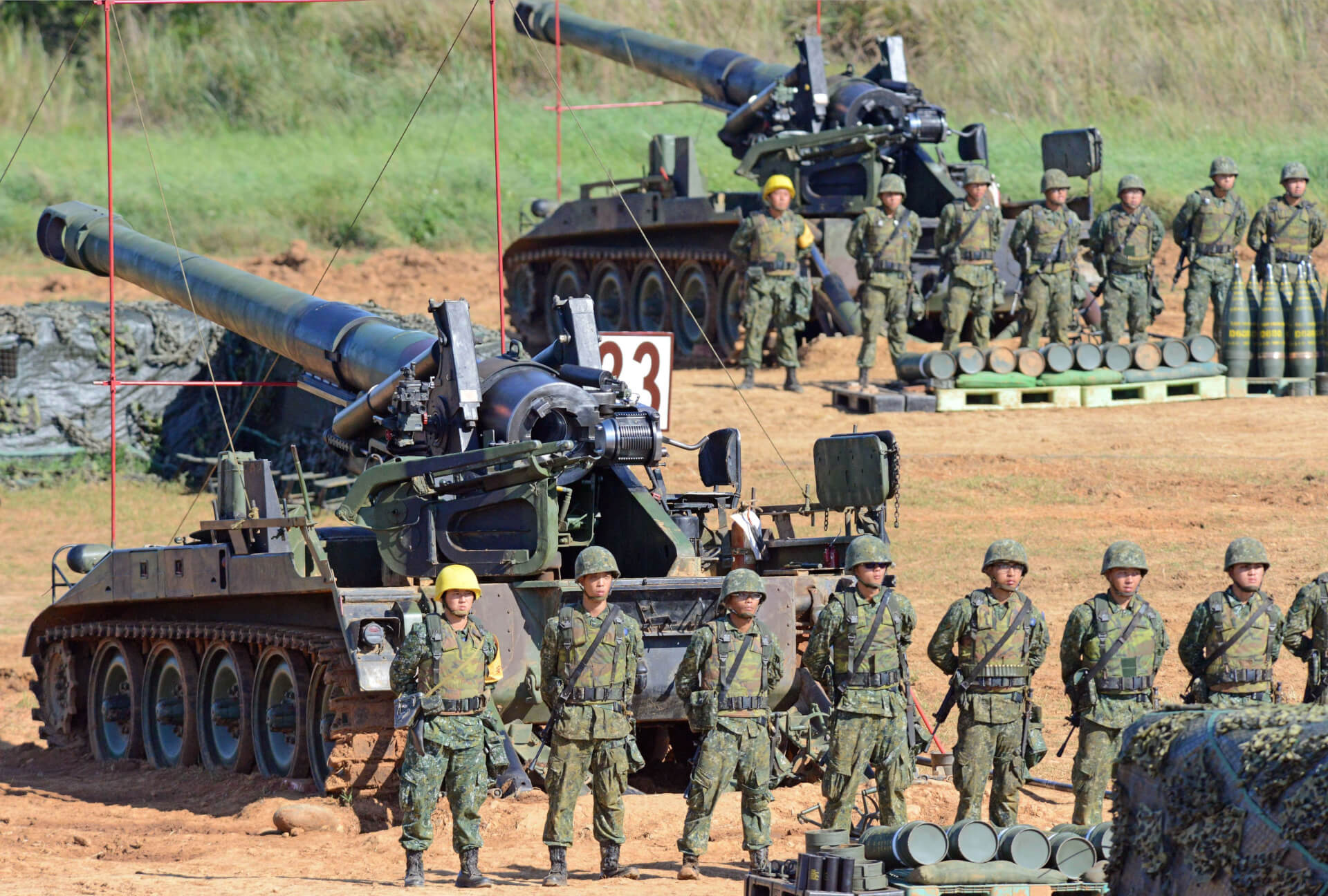China slammed the United States (US) for approving more than $1.1 billion in arms sales to Taiwan, saying that it stands ready to “take legitimate and necessary counter-measures.”
In a Twitter thread on Saturday, Chinese embassy spokesperson Liu Pengyu asserted that the island is “an inalienable part of the Chinese territory” and that the US’ interference in China’s “internal affairs” by selling arms to Taiwan undermines its “sovereignty and security” interests.
The spokesperson added that the move violates international law, “basic principles of international relations,” the one-China policy, as well as provisions under the three China-US joint communiqués. He also criticised the Biden administration for sending “wrong signals” to the island’s separatist forces.
Liu underscored that the deal “severely jeopardises” bilateral relations and “peace and stability” across the Taiwan Strait. In this regard, he urged the US to “honour its commitment earnestly” and “stop arms sales and military interactions” with Taiwan. He also asked Washington to “immediately revoke” the deal, so as not to “cause more damage” to bilateral ties.
China will resolutely take legitimate and necessary counter-measures in light of the development of the situation.
— Liu Pengyu 刘鹏宇 (@SpoxCHNinUS) September 3, 2022
The spokesperson’s warning came after the US on Friday formally approved the proposed sales, which notably include 60 anti-ship missiles and 100 air-to-air missiles. The State Department’s Defence Security Cooperation Agency (DSCA) said in a press release that the sales serve the US’ “national, economic, and security interests,” as well as supported Taipei’s continued efforts “to maintain a credible defensive capability.”
“The proposed sale will help improve the security of the recipient and assist in maintaining political stability, military balance, and economic progress in the region,” it stated.
The DSCA noted that with the help of the new arsenal, Taiwan will be able to “employ a highly reliable and effective system to counter or deter maritime aggressions, coastal blockades, and amphibious assaults,‘ it assured. It clarified that the equipment “will not alter the basic military balance in the region.”
Taiwan’s Foreign Ministry welcomed the announcement, calling it a “demonstration of the Biden Administration’s commitment” to the Taiwan Relations Act (TRA), as well as its Six Assurances, which has enabled the island “to maintain a robust self-defence amid growing regional insecurity.”
We welcome the #US’s 🇺🇸 announcement of a US$1.106 billion arms sale to #Taiwan🇹🇼. A demonstration of the Biden Administration’s commitment to the #TaiwanRelationsAct & #SixAssurances that enables our country to maintain a robust self-defense amid growing regional insecurity. https://t.co/EmRoAOU5ya
— 外交部 Ministry of Foreign Affairs, ROC (Taiwan) 🇹🇼 (@MOFA_Taiwan) September 3, 2022
In contrast, however, the US-Taiwan Business Council (USTBC) criticised the Biden administration for limiting its sales. In a press release on Friday, the council noted that the island already possesses the “AIM-9 and Harpoon missiles in its existing inventory,” which are “not new capabilities.” It further noted that Taiwan “faces a range of threats that require a range of capabilities” and warned that denying Taipei “the ability to mount a full defence will, over time, create new gaps in [its] defences that the PLA [People’s Liberation Army] can exploit.” “The Council opposes this limited approach,” it declared.
Tensions between the two superpowers have peaked since US House Speaker Nancy Pelosi’s visit to the island in early August. Since the high-profile visit, the PLA’s Eastern Theatre Command carried out joint combat training exercises in the waters and airspace around Taiwan. Its exercise focused on testing the capabilities of using joint fires to strike land and long-range air targets. It deployed various types of warplanes, including early warning aircraft, bombers, jamming aircraft, fighter-bombers, and fighter jets, and even fired a series of missiles over Taiwan.
It also suspended a series of coordination measures with the US.
More recently, the Taiwanese military reported firing live rounds and signal flares at three “civilian” Chinese drones that intruded the airspace of the country’s Lieyu, Dadan, and Caoyu islands. Authorities said that the drones quickly flew away and headed toward China’s Xiamen. It marked the second day in a row that the self-governing island’s military had to resort to firing shots at an unmanned aerial vehicle (UAV) of Chinese origin. Taiwan has also continued to report daily airspace violations by Chinese military aircraft.

